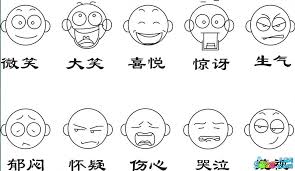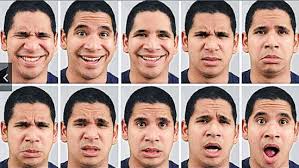Traditional Chinese medicine emphasizes the relation between diseases and mental activities. Emotional mental activities are categorized as the seven emotional factors: 1.joy, 2.anger, 3.melancholy,4. worry, 5.grief, 6.fear, 7.and fright. They are the main pathogenic factors of endogenous diseases.
A.The seven pathogenic emotions are physiological reflections of the human mental state or are induced by various environmental stimulation. Under normal conditions, these physiological phenomena will not cause disease.
However, if the emotions are too stressful and constant or the patient is too sensitive to stimulation, then they may induce acute and longstanding changes which result in diseases.
B. Pathogenic emotional factors are considered capable of disturbing the functional activities of qi, for example, according to an ancient saying, “Anger makes qi rush upward, overjoy makes qi circulate, slowly, grief consumes qi, fear causes qi to flow downward, fright makes qi flow disorderly, overthinking leads to qi stagnation.”
C. Different pathogenic emotional factors also selectively damage certain zang or fu organs. For example, anger injures the liver, overjoy injures the heart, grief and melancholy injure the lung, overthinking injures the spleen, fright and fear injure the kidney. Although emotional pathogenic factors respectively injure zang, they are mainly related to the heart.
The Spiritual Axis says, “The heart is the monarch of the five zang and six fu organs…. Therefore, grief and melancholy also disturb the heart, and a disturbance of the heart leads to the affection of the five zang and six fu organs”

